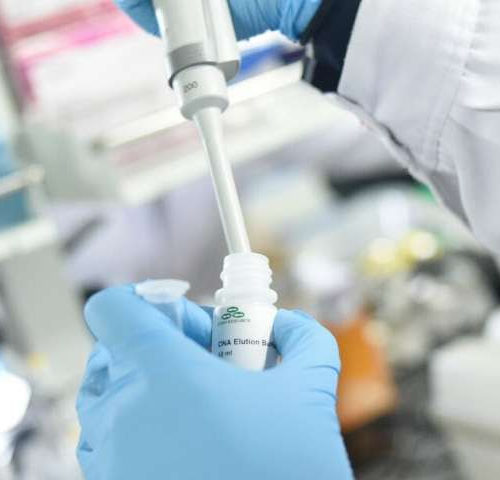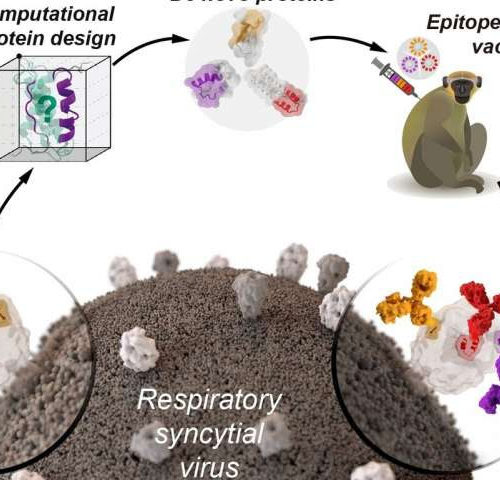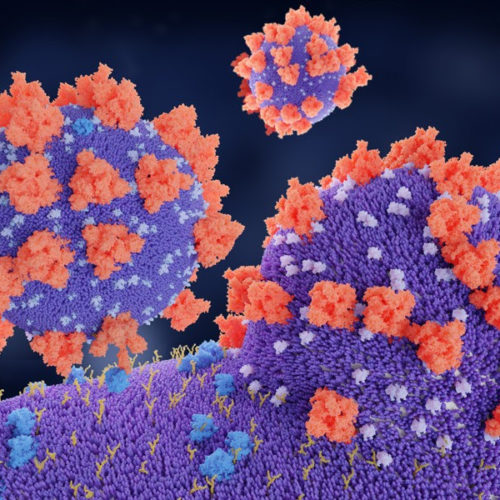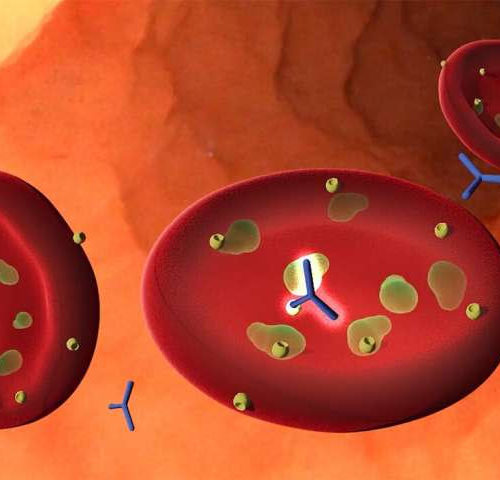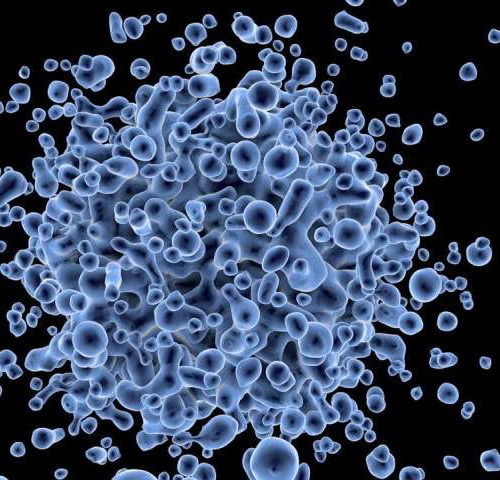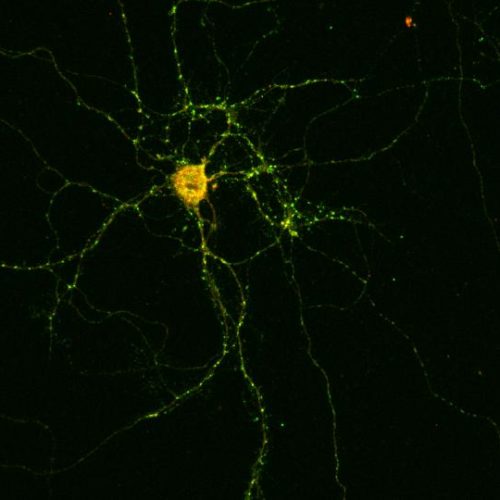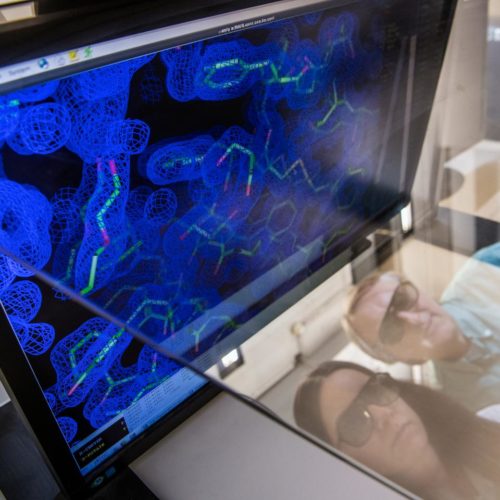by Qian Ye and Matthew Knight A Chinese laboratory has been developing a drug it believes has the power to bring the coronavirus pandemic to a halt. The outbreak first emerged in China late last year before spreading across the world, prompting an international race to find treatments and vaccines. A drug being tested by...
Tag: <span>antibodies</span>
Designing vaccines from artificial proteins
by Ecole Polytechnique Federale de Lausanne Vaccines are one of the most effective interventions to prevent the spreading of infectious diseases. They trigger the immune system to produce antibodies that protect the body against infection. However, we still lack efficacious vaccines for many important pathogens like the flu or dengue fever. “When a vaccine doesn’t...
Genetic doppelgaengers: Emory research provides insight into two neurological puzzles
An international team led by Emory scientists has gained insight into the pathological mechanisms behind two devastating neurodegenerative diseases. The scientists compared the most common inherited form of amyotrophic lateral sclerosis and frontotemporal dementia (ALS/FTD) with a rarer disease called spinocerebellar ataxia type 36 (SCA36). Both of the diseases are caused by abnormally expanded and...
Which coronavirus antibody tests actually work? Study finds most were over 95% accurate with three over 99% reliable’
By JENNIFER SMITH FOR DAILYMAIL.COM Researchers in San Francisco and some in Massachusetts studied 14 different antibody tests Among them, only three returned results that were more than 99% specific in detecting antibodies One test, made by Sure Biotech which is registered in both the US and Hong Kong, had a 100% accuracy rate The...
Pick of the coronavirus papers: ‘Dry swabbing’ offers a workaround to test-chemical scarcity
Nature wades through the literature on COVID-19 so you don’t have to. 28 April — ‘Dry swabbing’ offers a workaround to test-chemical scarcity Wide-scale genetic testing for SARS-CoV-2 has been hampered, in part, by shortages of the solutions used to store sampling swabs and extract viral RNA from them. To overcome this difficulty, a team...
Research reveals a new malaria vaccine candidate
by Brown University Researchers have discovered a promising new strategy for combating malaria, a mosquito-borne parasite that claims nearly a half-million lives each year. For a study reported in the journal Nature, researchers screened blood samples from children who had natural immune resistance to severe malaria infection. The study identified an antibody to a particular...
Research into obsessive-compulsive disorder shows antibodies could provide new treatment
by Queen Mary, University of London Mice with high levels of this protein were also found to exhibit behaviours that are characteristic of anxiety and stress, such as digging and excessive grooming. When the researchers treated the mice with an antibody that neutralised Imood, the animals’ anxiety levels reduced. The findings have led the researchers...
Antibodies in the brain trigger epilepsy
Study by the University of Bonn may enable new therapies against certain forms of the disease UNIVERSITY OF BONN Certain forms of epilepsy are accompanied by inflammation of important brain regions. Researchers at the University of Bonn have now identified a mechanism that explains this link. Their results may also pave the way to new...
Fatal overproduction of antibodies
Mutations in plasma cells play a key role in light chain amyloidosis TECHNICAL UNIVERSITY OF MUNICH (TUM) Bone marrow plasma cells produce antibodies. These comprise two long and two short protein chains. The pathological proliferation of plasma cells can lead to an overproduction of the short chains. These associate to fibrils and deposit in organs....
Antibodies: The body’s own antidepressants
by Max Planck Society If the immune system attacks its own body, it can often have devastating consequences: autoantibodies bind to the body’s structures, triggering functional disorders. The receptors for glutamate, a neurotransmitter, can also become the target of autoantibodies. Researchers at the Max Planck Institute of Experimental Medicine in Göttingen have been investigating the...

